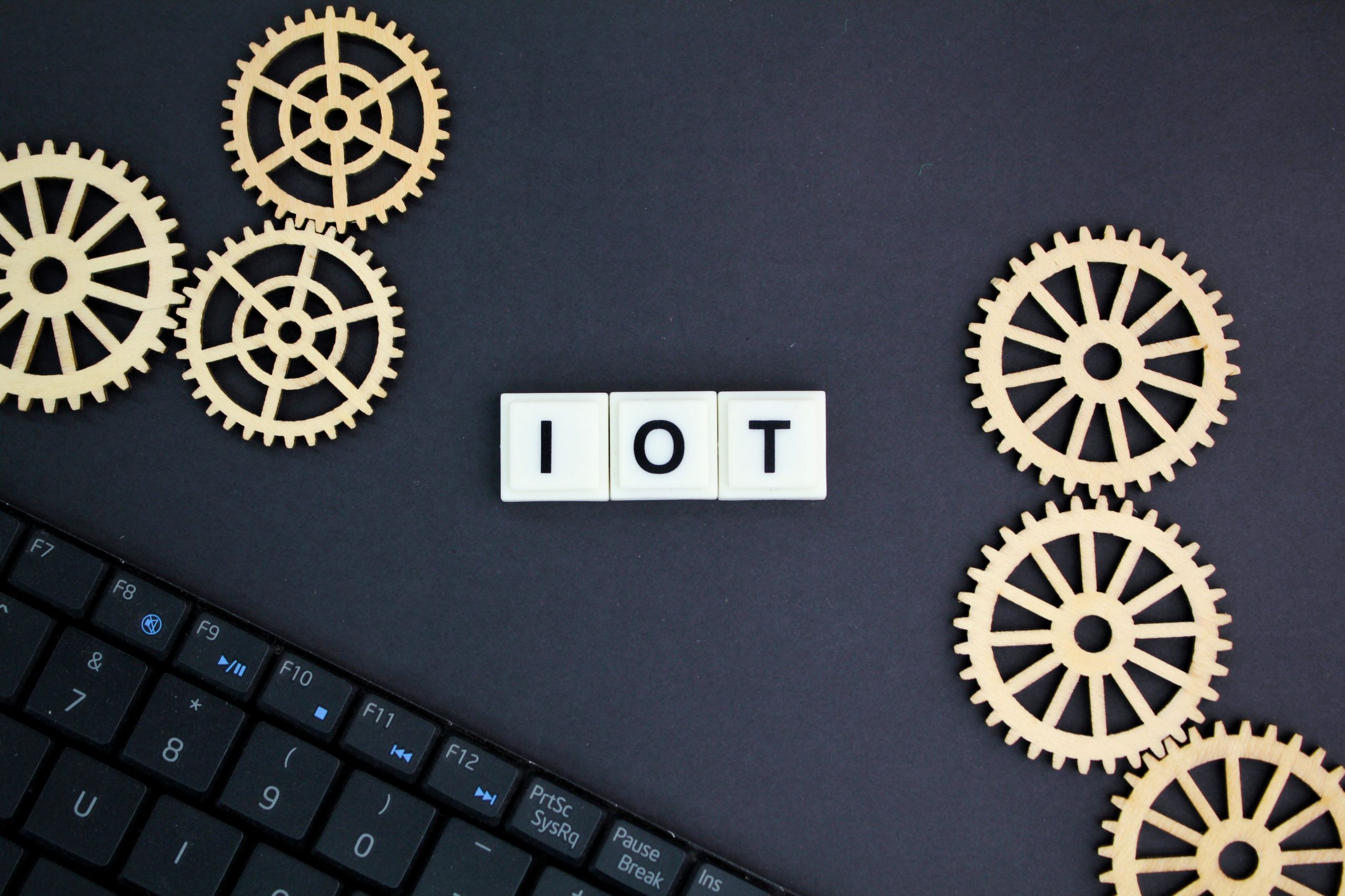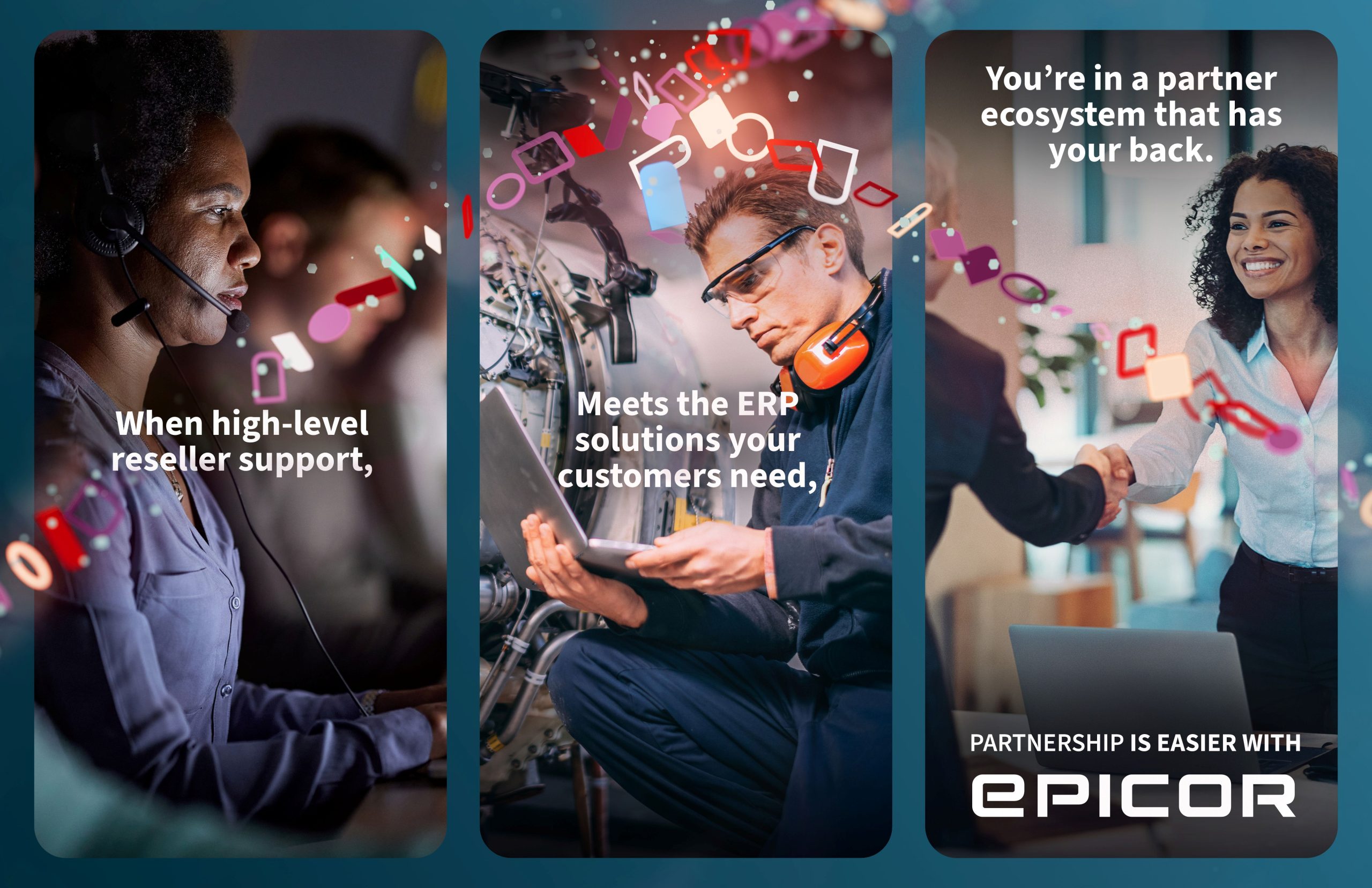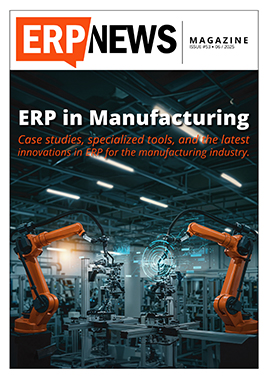Blockchain has become a hot topic over the past few years, with much of the initial interest centred around how it is powering cryptocurrencies such as Bitcoin. However, many businesses are aware that its potential extends far beyond this realm, and it can offer advantages within the traditional enterprise environment.

Blockchain’s promise is essentially a world without middlemen – it provides an open but secure network on which to view and verify key information. The distributed nature of the information being shared helps to build and maintain trust between business partners.
It is important to remember though that, like with any exciting and emerging technology, blockchain is only one piece of the larger digital jigsaw. To harness its potential, it will need to integrate with an organisation’s core systems, and this can have a transformative effect on the way people work – impacting business processes and decision making across the board.
Industry impact
Organisations need to assess for themselves how best they can take advantage of this technology to serve their employees and customers better. The initial interest around blockchain stemmed from its use in supporting the growth of digital currency markets. It offers such a level of trust that people are confident enough to trade internationally using Bitcoin, for instance, without this currency being supported by any national bank.
The ability to provide inherent trust in a transaction isn’t just useful in the banking sector, however. As a desire for full oversight of an organisation’s end-to-end operations grows stronger, this emerging technology can be harnessed to provide customers and employees with greater transparency across the supply chain of any industry.
The scope of industries who stand to benefit from what blockchain offers is vast. In manufacturing, for example, this could manifest itself in the form of a label on clothing which could tell customers whether a garment had been sourced from ethical and eco-friendly suppliers. In the aerospace industry, validated traceability of components and quality assessments and certifications can be assured. While in food production or the pharmaceutical industry, customers could have faith in the provenance of products they consume, and in the sustainability of the extended supply chain.
Enterprise advantages
With an ability to prepare a standardised, trustworthy form of record keeping, blockchain’s distributed ledger will increase efficiency within the enterprise.
For example, moving a product through the supply chain today typically involves multiple partners and processes, including shipping, invoicing and maintaining their own inventory records. By its nature, this can lead to a disparate experience – each organisation might be operating on different systems or applications. By integrating blockchain, however, there would be a greater understanding of the data and what that information means for each individual business function.
This, in turn, will encourage organisations to do business with partners and suppliers that can provide evidential proof of provenance and a trustworthy record of its journey to market. Being able to source and share data in a secure, trackable and trusted manner will create closer collaboration between buyers and suppliers.
While instant access to accurate and trustworthy data has always seemed a distant goal for supply chains, the emergence of blockchain technology is making the realisation of that dream ever more credible.
How we can implement it
As with any technology in its infancy, adoption will likely be fragmented with a wide array of processes and protocols springing up before typically converging as usage grows and common standards emerge.
Major technology players are working together through projects such as Hyperledger, however. This will result in the creation of a set of industry standards and a host of enterprise-ready solutions suitable for different industries. If organisations are going to take full advantage of this technology, they will need to ensure potential users across all business functions can access this information in real-time.
This is only possible by integrating blockchain with an organisation’s core systems and ensuring everyone knows how to access the data and maximise the potential of the information. This may seem obvious but how future technology will integrate with an organisation’s ERP is a consideration that is often over-looked as people focus on solving the problems of today.
Considering the potential of how emerging tech like blockchain will connect with your digital core will ensure you are ready when the time is right to deploy blockchain – and that your organisation doesn’t miss out on those key benefits it provides.
By
Andy Bell, CTO at Edenhouse Solutions







